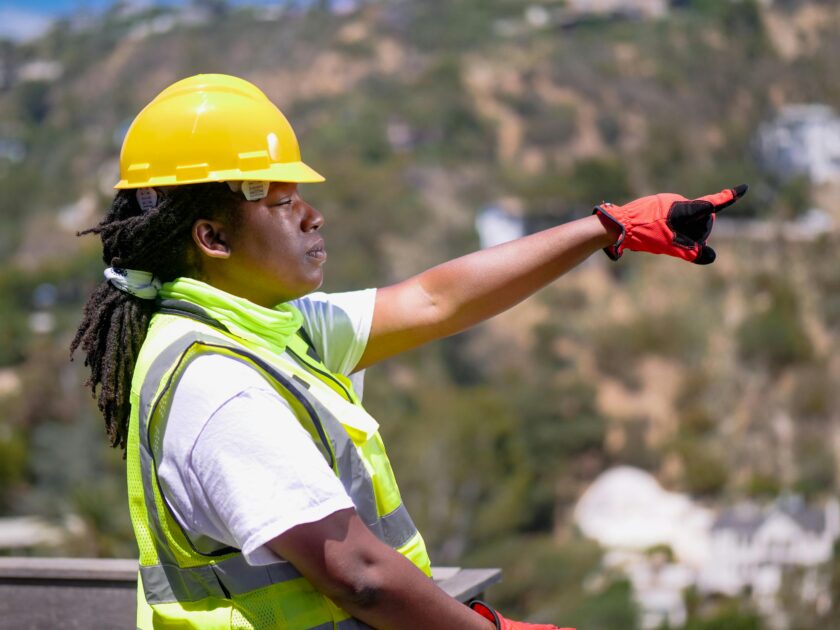Always Improving: The Safest Energy System in the World

The Pipeline and Hazardous Materials Safety Administration (PHMSA) is one of the most important government agencies that many Americans have never heard of. PHMSA oversees the safe operation of our nation’s pipeline system, as well as approximately a million daily shipments of hazardous materials. Congress has a duty to regularly reauthorize PHMSA’s safety programs. This reauthorization has now lapsed – meaning that PHMSA is currently afloat, operating off the prior authorization while needed updates go unmade. It is critical that Congress act swiftly to move reasonable and consensus changes to pipeline safety law and regulation, support PHMSA’s primary role as pipeline safety regulator, and recognize the great strides in pipeline safety engineering and operating practices that pipeline companies are putting into practice across the country.
Pipeline safety must be the top priority. Every year, our industry invests $37 billion in making our pipelines safer, modernizing existing systems to enhance safety and reliability. The next round of PHMSA reauthorization should consider the importance of fact-based, reasonable, flexible and practicable updates to pipeline safety regulation that build upon lessons learned and evolving improvements to pipeline safety and related programs and technologies. As Congress moves forward there are five high-level priorities that it should implement.
Congress should support limiting pipeline excavation damage incidents. Our infrastructure is underground, well-engineered, and shielded against most natural disasters. Because of this, the single top cause of pipeline-related incidents is accidental damage during excavations. There are programs in place to allow anyone digging – whether it’s a major company breaking ground on a new factory or a homeowner planning to expand their garden by a few feet – to call before they dig and have all the pipelines and other infrastructure in the area marked by the local utilities. Unfortunately, in approximately a third of the cases of excavation damage in recent years, no such call was made. States with strong programs in place experience lower rates of excavation damage. PHMSA should incentivize states to adopt One Call program leading practices, including by conditioning grants to state One Call programs on the adoption of these practices. Many excavation damage incidents are preventable, and this simple change will save lives and damage costs alike.
Congress should support pipeline technology alternatives. The safety technologies available have advanced by leaps and bounds in recent years. Advanced leak detection technologies can detect leaks measured in parts per billion, in comparison to the parts per million that was once considered cutting edge. Excess flow valves can automatically stop the flow of gas if a meter is struck by a vehicle. PHMSA should be authorized to lead the way in identifying technological alternatives that will make the existing system safer.
Congress should strengthen criminal penalties for intentional damage to pipelines. Deliberate attacks against our critical infrastructure pose a serious threat to American national security. Such attacks put lives at risk both as a direct consequence of the attack, and indirectly through service interruptions to homes, hospitals, schools, government and military facilities. AGA supports increased criminal penalties on bad actors who attack America’s critical infrastructure.
Congress should support a hydrogen-natural gas blending R&D study. Hydrogen is a promising avenue for lowering emissions and an excellent potential tool for energy storage. Utilities around the world are incorporating hydrogen into their fuel mix, with many systems overseas operating at a blend of approximately 20% hydrogen. Hawai’i Gas has routinely and successfully used a 15% hydrogen blend for decades. We should learn from those who are already blending significant amounts of hydrogen into their fuel mix safely and successfully. AGA suggests the Government Accountability Office (GAO) conduct a thorough review of hydrogen use in natural gas distribution systems globally to identify processes, materials and standards the operators have implement to operate safely.
Congress should authorize a pipeline safety voluntary information-sharing system. Such a system would allow participants across government and industry to collect and share best practices and lessons learned and promote improved pipeline safety. Our industry is innovative. By learning from success and implementing it broadly, we can enhance the safety of the entire system.
Congress has an opportunity to strengthen PHMSA’s operations and help make our pipeline system even more of a model for safety and reliability than it already is. By implementing these changes in a bipartisan manner and reauthorizing PHMSA, we can make the most of this opportunity to continue to advance the strong and safe system in place.
